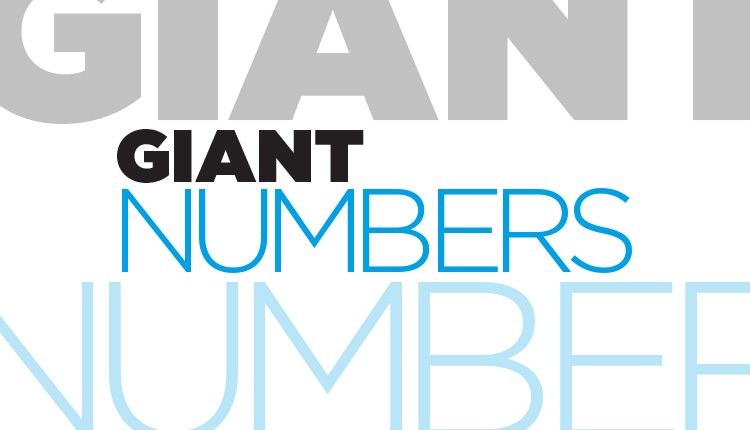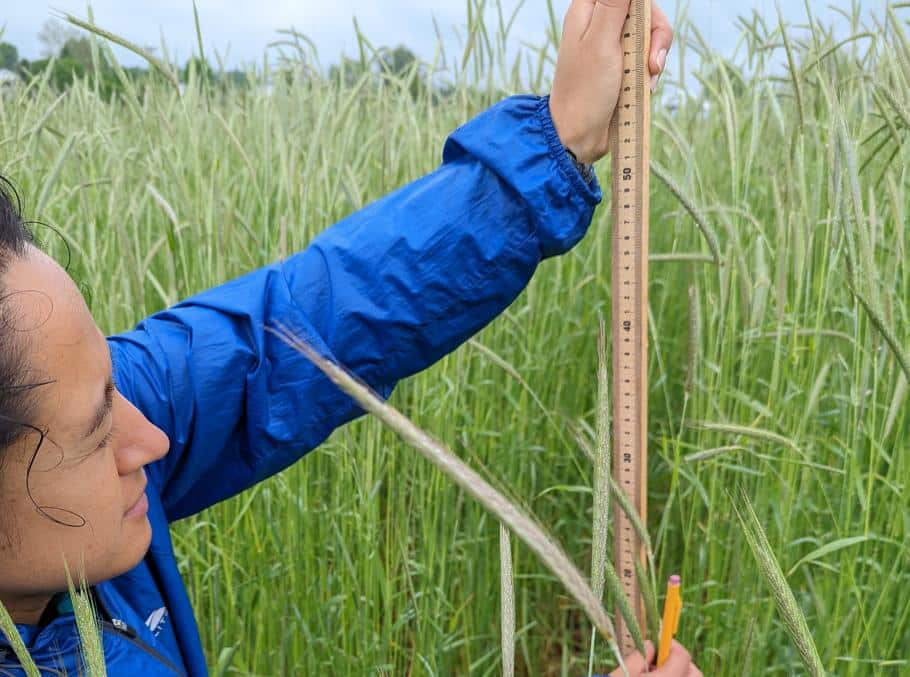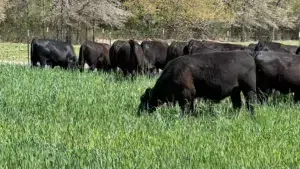$14 Billion
The total value of global sales of natural rubber in 2015, which is down from $45.9 billion in 2011 due to depreciation. So what does this have to do with the seed industry? Guayule is a desert shrub growing in the southwest United States and Michael Gore of Cornell University has a research project focused on it. “Right now, there are a substantial number of clonally propagated rubber trees in southeast Asia that are at risk from a devastating leaf blight, and there’s essentially no resistance to prevent them from being completely wiped out,” he says. “Can you think of a world without rubber? I cannot either. This is a way to produce a sustainable domestic source of rubber and latex in the U.S.” Gore says the particular species he is working with is maybe one or two generations away from being a wild species. “We are creating a number of genomic tools and resources that can be used by breeders to genetically improve guayule,” he says. “Companies, such as Bridgestone and Cooper Tires, are beginning to invest heavily in this plant because they understand what is at risk. If they want to be able to provide rubber for their own products — tires for cars and trucks — they have to have a renewable source. This is an alternative to trees growing in Asia.”
5-10
Number of years that Alan Hirsch thinks the trend to move turf and forage seed production out of Oregon and toward the upper Midwest will continue. “We are losing acreage to alternative crops in the primary growing areas, and that’s a concern in the long term,” says Barenbrug USA’s vice president of consumer products. Since 2013, annual and perennial ryegrass seed has seen acreage losses totaling 12,000 acres. Tall fescue (K-31 and others) have also lost acres — 4,000 according to the U.S. Department of Agriculture’s National Agricultural Statistics Service. However, data show that since 2013 turf type tall fescue seed acres have increased by 5,000 acres to 115,000 acres in that same period, and forage type tall fescue seed acres have held steady at 15,000 acres.
2014
Year that Grassland Oregon launched FiXatioN clover. Risa DeMasi, a founding partner of Grassland Oregon, explains that it’s an annual clover that fits many cropping cycles very well. “It sets a tremendous amount of nitrogen and meets a wide array of climate conditions,” she says. “We can go down to 15 below. It’s got a wide pH range from 4.5-8. The next question everyone asks with cover crops is ‘what’s the forage quality?’ It’s a fantastic forage, and it’s meeting a lot of needs. We introduced a new clover each year since, Frosty Berseem and Kentucky Pride Crimson.”
21
Number of member countries and companies belonging to the Seed Association of the Americas. These include Argentina, Brazil, Canada, Chile, Colombia, Mexico, Uruguay, United States, Paraguay, Peru, while Ecuador and Venezuela are observers. The association is supported by seven associate members and two affiliates.












